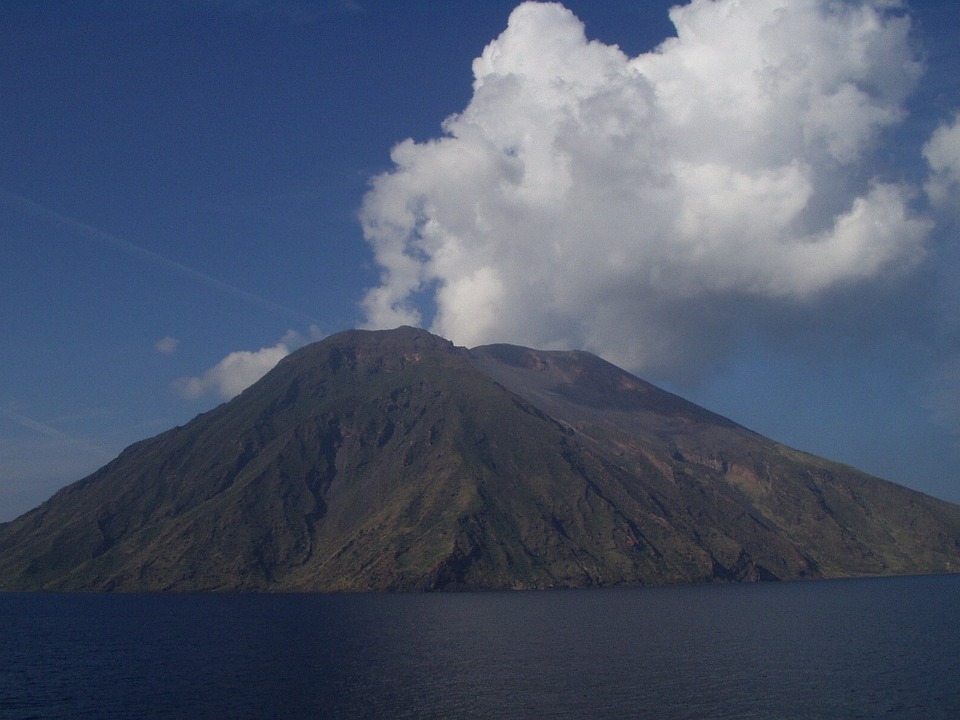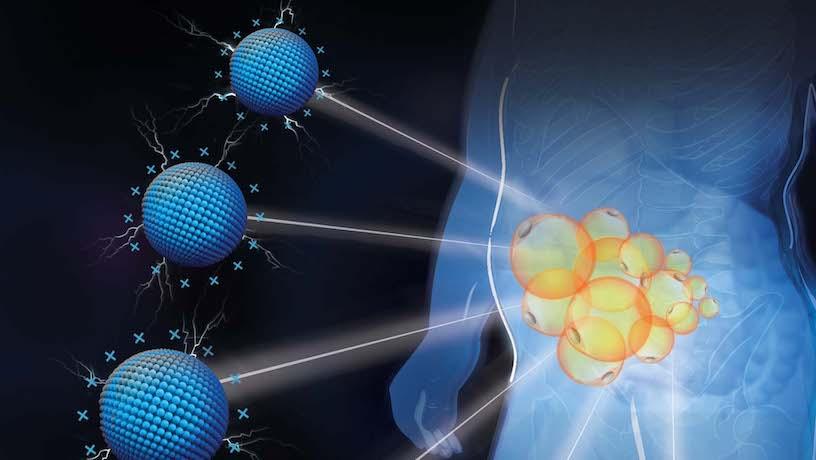Breakthrough in Renewable Energy
Researchers at Tokyo Metropolitan University have made a significant breakthrough in renewable energy. A team of scientists has developed a novel electrochemical cell that converts captured carbon dioxide into a potent green fuel. This innovative technology offers a promising solution to the urgent issue of climate change.
The Challenge of Captured Carbon Dioxide
Carbon capture technology plays a crucial role in global efforts to reduce emissions. However, a key question remains: what should we do with the captured carbon dioxide? While underground storage is one option, scientists believe there are better alternatives. By using advanced catalysts and innovative chemical processes, researchers are transforming captured CO2 into valuable materials for societal benefit.
How the Electrochemical Cell Works
The electrochemical cell works by converting bicarbonate ions, derived from captured carbon dioxide, into formate. Formate is a versatile compound that can be used as fuel in various applications, including transportation and power generation. The breakthrough lies in the cell’s impressive efficiency and stability, outperforming traditional methods of carbon dioxide conversion.
The new electrochemical cell achieved 85% faradaic efficiency at high currents, surpassing existing designs. It remained stable for over 30 hours, converting nearly all bicarbonate into solid, crystalline formate fuel, ready for use.
A Path Toward a Greener Future
This technological advancement could revolutionize energy production and consumption. By efficiently utilizing captured carbon dioxide, we can reduce greenhouse gas emissions and transition to a more sustainable future. As the world continues to face the challenges of climate change, innovations like this offer hope for a greener and more prosperous tomorrow.







